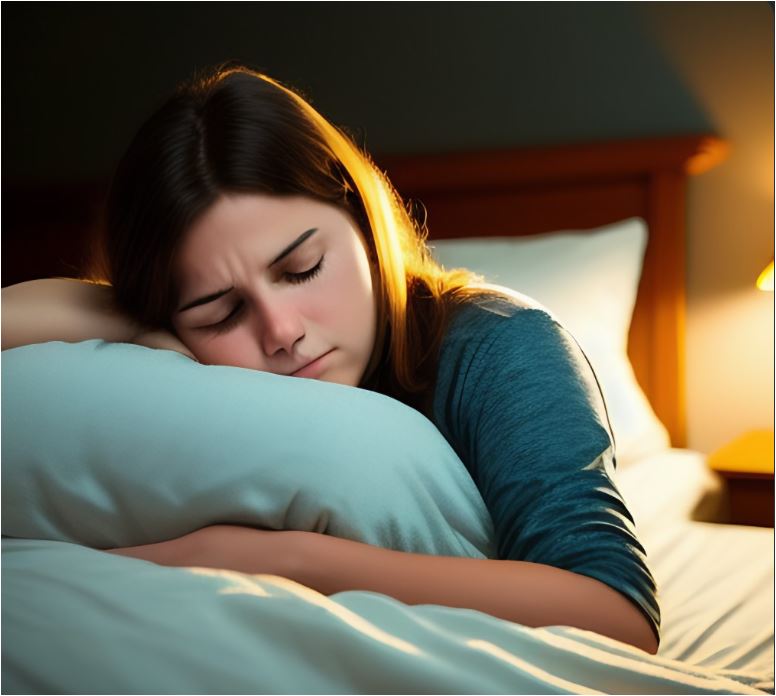Is there a peer-reviewed correlation between sleep disorders and ADHD?
Harold Robert Meyer 10/02/2023 addrc.org haroldmeyer@addrc.org
There is peer-reviewed evidence of a correlation between sleep disorders and ADHD. A meta-analysis published in Sleep Medicine looked at 24 different studies on sleep problems in children with ADHD. It found sleep issues are significantly more common in children with ADHD compared to controls.
A study in the Journal of Pediatrics followed 724 children from birth to age 11. Children who
developed ADHD by age 11 had significantly higher rates of sleep problems at
ages 6, 7, 9 and 11 compared to children without ADHD.
Research in the journal Sleep shows children with ADHD have higher rates of disorders like sleep apnea, periodic limb movement disorder, and restless leg syndrome compared to typically
developing peers.
A study in the Journal of Clinical Sleep Medicine found symptoms of ADHD and inattentiveness worsened significantly in children who had their sleep intentionally disrupted in a lab setting.
Brain imaging studies show disrupted sleep architecture in regions of the brain associated with ADHD symptoms.
Several randomized controlled trials demonstrate ADHD symptoms improve
when underlying sleep disorders are treated.
Overall, substantial peer-reviewed evidence across multiple study methodologies supports a correlation between sleep disorders and ADHD in children. Addressing sleep problems should be considered an important part of managing ADHD.
Common sleep issues in people with ADHD include difficulty falling asleep, staying asleep, and experiencing restless or fragmented sleep.
Some research has suggested a bidirectional relationship between sleep disorders and ADHD symptoms. This means that not only can sleep problems be a symptom of ADHD, but they can also exacerbate ADHD symptoms. For example, sleep deprivation can lead to increased impulsivity and inattention in individuals with ADHD.
Both ADHD and sleep disorders are associated with disruptions in certain neurobiological pathways. Some studies have explored how these shared mechanisms might contribute to the relationship between the two. For example, disruptions in the dopamine system, which is implicated in ADHD, may also play a role in sleep regulation.
CTA:
Addressing sleep problems in individuals with ADHD can potentially improve their
overall well-being and help manage ADHD symptoms. Conversely, effective
management of ADHD symptoms may also improve sleep quality.
Harold Robert Meyer 10/02/2023 haroldmeyer@addrc.orgaddrc.org
****
Articles on this site are not intended to diagnose, treat, cure, or prevent any medical condition.
This information may not be complete, accurate, or up-to-date, so be sure to speak with your
healthcare provider before taking any action.
Generative pretrained transformer may occasionally be used.
THE ADD RESOURCE CENTER – info@addrc.org
https://www.addrc.org/ – +1 646/205.8080
Local, National, InternationalYou might also like: Sleep Hygiene Tips (https://www.addrc.org/sleep-

